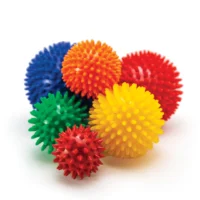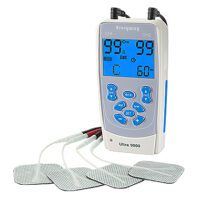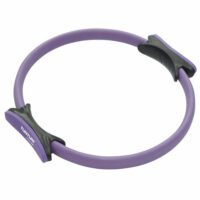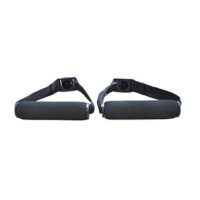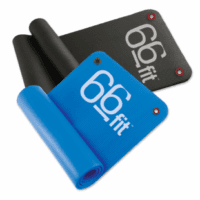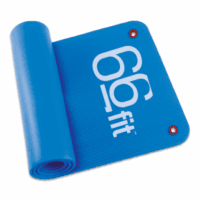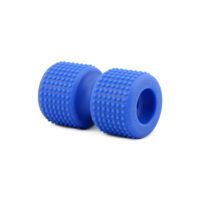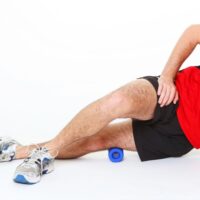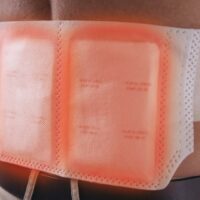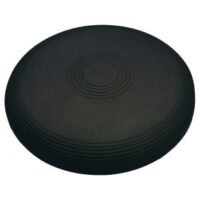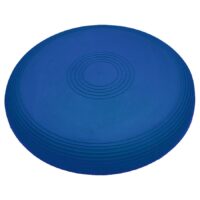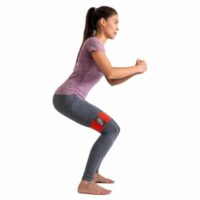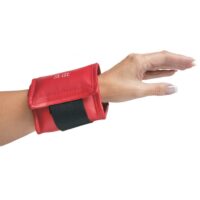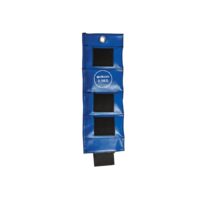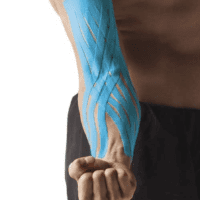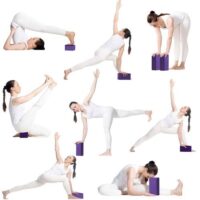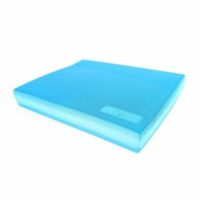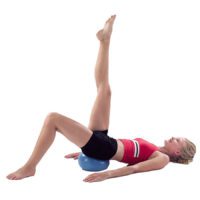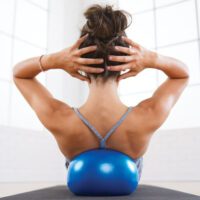Stiff Joints in the Morning?
How to Overcome Morning Stiffness in Your Joints
As the cooler months approach, many find themselves grappling with sore, stiff joints upon waking. This discomfort can disrupt our morning routines and impede our overall mobility. Let’s explore the causes of this stiffness and effective strategies to manage it. Discover tips to alleviate stiff joints, including appropriate exercises, dietary adjustments, and the importance of maintaining a warm sleeping environment.
Emphasising regular, gentle movement, such as stretching and yoga, can significantly improve joint flexibility and reduce morning stiffness. Incorporating these habits can lead to more comfortable mornings and better joint health.
The Chilling Effect on Joints
Cold weather significantly influences the comfort and function of our joints and muscles. A critical component affected by low temperatures is elastin, which is essential for the flexibility of our connective tissues. In the cold, elastin mimics a frozen rubber band—it loses pliability. Trying to stretch a cold, stiff rubber band without first warming it can lead to it snapping. Similarly, our joints suffer from reduced flexibility in cold conditions, leading to stiffness and discomfort.
Understanding Joint Pain Upon Waking
The discomfort in your joints in the morning could stem from the reduced flexibility of elastin due to the cold. Additionally, lying still during sleep allows fluids to settle within the joints, exacerbating stiffness and pain. This sensation is especially pronounced if your bedroom is colder or if you’ve had a particularly inactive day prior. Understanding the biological processes that affect your joints during the night can help in managing these symptoms effectively.
Why Mobility May Be Hindered in the Morning
Stiffness in the joints can significantly restrict your ability to move freely when you first wake up. Although morning stiffness isn’t always indicative of arthritis, ongoing issues should be evaluated by a health professional. It’s essential to note that this stiffness can be influenced by factors such as the type of mattress and pillows used, which should support the body adequately to prevent any additional strain on the joints.
Warm-Up Routines and Hydration
A dynamic warm-up first thing in the morning can activate your muscles and mitigate the risk of injury. Starting your day with gentle stretches or using a heat pack can alleviate early stiffness. Hydration plays a vital role here, as a well-hydrated body ensures smoother joint movements. Drinking water right after waking up can kick-start your metabolism and lubricate your joints, making the morning routine more comfortable.
Promoting Joint Lubrication
Maintaining regular physical activity and ensuring adequate hydration are crucial for lubricating your joints effectively. Activities like swimming, cycling, or even a gentle walk can increase joint fluid circulation, which helps in reducing stiffness over time. These exercises promote flexibility and strength in the muscles surrounding the joints, which helps in supporting and protecting the joints from excessive wear and tear. Regular movement breaks throughout the day are also beneficial in keeping joint stiffness at bay.

Optimal Exercises for Stiff Joints
Integrate low-impact exercises like swimming and cycling into your daily activities. These forms of exercise are fantastic for loosening and strengthening the muscles surrounding your joints, all while avoiding excessive stress. Additionally, consider adding gentle stretching and yoga to enhance flexibility and reduce stiffness. These exercises promote joint health, increase blood flow, and maintain mobility, making them ideal for those with joint concerns.
The Benefits of Therapeutic Massage
Massage therapy not only provides a deep, warming sensation that surpasses traditional heat packs but also significantly enhances tissue elasticity. The warmth from the massage helps improve the function of elastin in your connective tissues. Techniques such as trigger point therapy go further, offering extended relief from stiffness and soreness. Regular massage sessions can lead to better joint mobility, reduced inflammation, and an overall sense of well-being. This form of therapy is especially beneficial for those suffering from chronic joint stiffness.
Autoimmune Contributions to Morning Stiffness
Autoimmune disorders such as rheumatoid arthritis, psoriatic arthritis, ankylosing spondylitis, fibromyalgia, and lupus can also manifest as stiffness in the morning. Early signs of these conditions often include joint stiffness, swelling, and pain.
Discover more about autoimmune conditions here:
Vitamin Deficiencies and Joint Health
Vitamin deficiencies, particularly in vitamins D and E, may exacerbate joint stiffness. Consulting a healthcare provider is essential before starting supplements, as other underlying issues could also be contributing to the deficiency.
Seeking Professional Advice
Persistent joint stiffness warrants a consultation with a physiotherapist or doctor. These professionals can assess your situation and devise a personalised plan to enhance your joint health.
Conclusion
Although the chill of colder months can tighten our joints, adopting proactive measures significantly boosts our comfort and mobility. Staying active and keeping warm are vital steps in managing morning stiffness effectively.







